Why Littering is Everyone’s Problem
Read this article to learn how littering harms the environment, affects you and your community, and why it’s up to all of us to fix it.
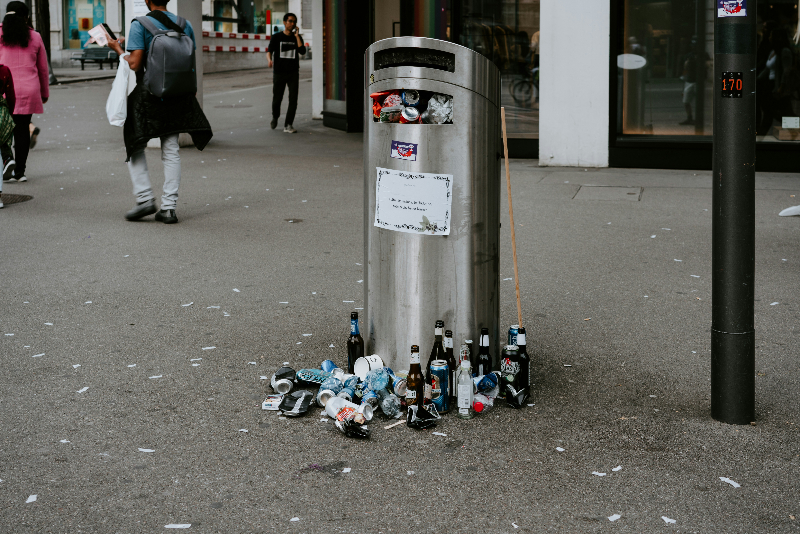

If you take a walk through the streets of greater Manchester, it won’t take long before you see crumpled cans lying about or crisp packets being pushed about by the wind or takeaway containers piling up beside an already overflowing bin! And let’s be real it doesn’t take anything to toss that candy wrapper in the bin. It’s super easy to drop it on the ground or leave it on your bench and pretend like it’s someone else’s responsibility but littering has consequences for you and the planet. Let’s talk about them.
Littering is just ugly
Littering can turn a beautiful park into a waste dump. It’s honestly just depressing, and it sends a message that no one cares about the area, that the area is neglected or even unsafe. It makes the littered area look run down and makes people feel disconnected from where they live. This makes people less proud of where they are from. And when it becomes a regular thing in an area it can reduce the value of the area which would reduce the number of people who want to invest in it for development. So yes, something as simple as trash can have a big impact on the development of a place.
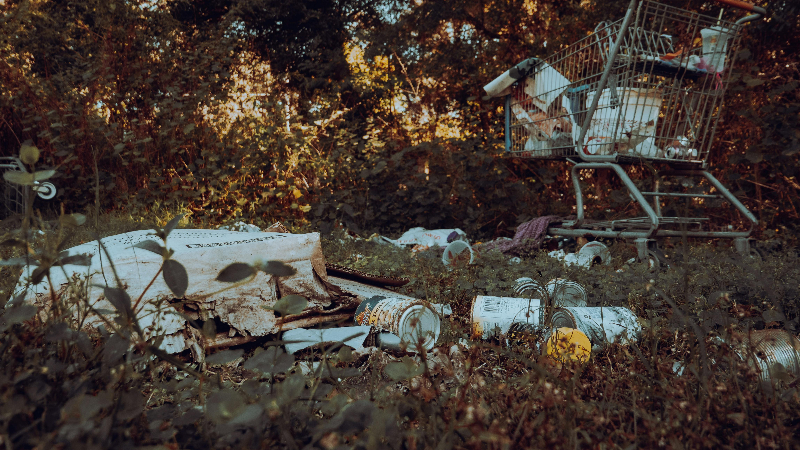
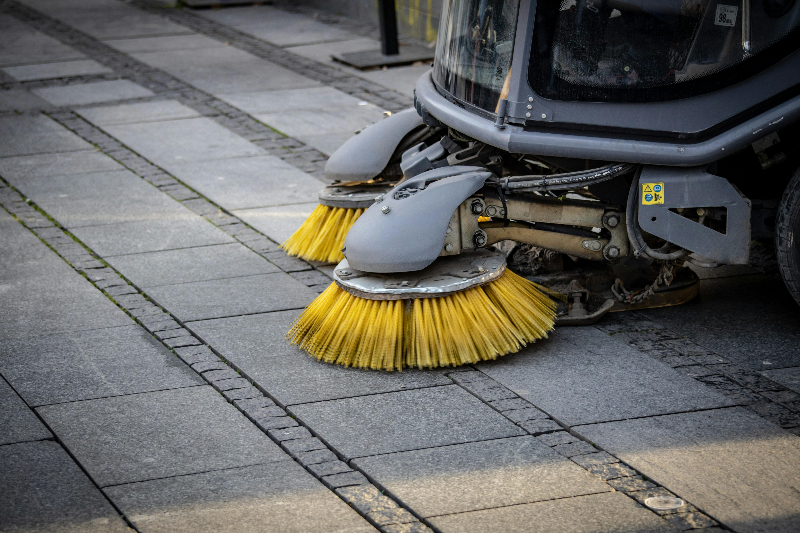
The cleanup cost is shocking
Here’s a not so fun fact; Cities spend millions every year just cleaning up trash. For England, In 2016 to 2017 it cost local authorities £682 million or £29 per household to keep our streets clean. We’re talking about money that could’ve gone to building houses, funding community events, funding school sports or fixing roads for the community. Instead, that cash is used to pay people to pick up what people were too lazy to throw away properly.
Litter is a health hazard
This is where it gets serious. Litter is not just ugly, it’s dangerous. Plastics get broken down into microplastics and this gets into our oceans, our rivers, our soil, our food! Animals eat litter sometimes (unfortunately for them) and it hurts them, but it also hurts us. Fish eat the microplastics in the oceans and then we eat the fish. It’s a cycle which we need to break. And it’s not all about the animals. Our health is also on the line because plastics block drainage systems and this causes flooding which helps breed bacteria and cause illnesses. So, if you care even a little about your health, littering doesn’t make sense.
Now lets talk about the more serious form – Fly tipping
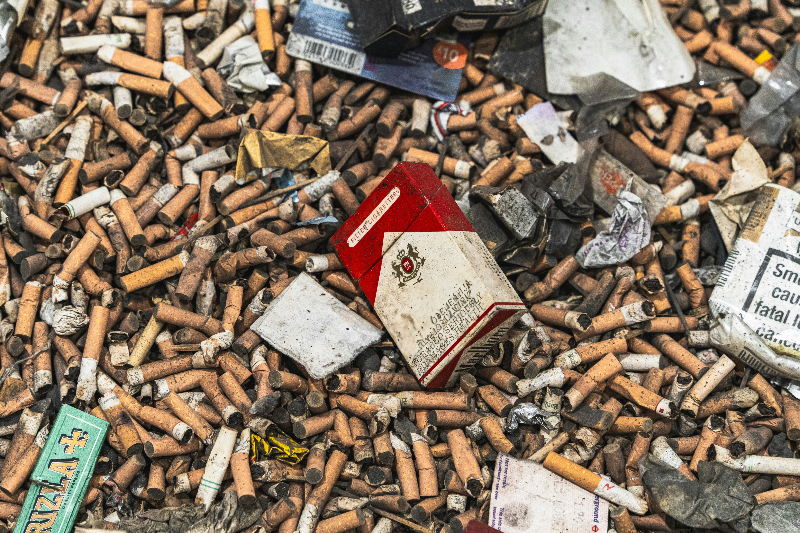
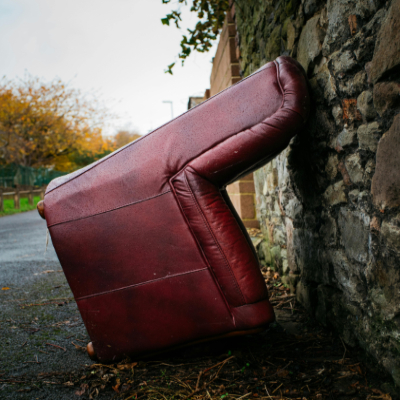
Fly tipping
Fly tipping is the more severe and illegal form of waste disposal. This involves the unauthorized dumping of waste items such as furniture or large waste items in public areas like roadsides and parks. This is dangerous because some waste contain toxic materials which can be harmful to the public. It also makes an area look ugly and run down.
What’s the fine for fly tipping
The fine for fly tipping can vary based on the severity of the offence. But they mostly range from £150 to £600 and some can even include imprisonment. Also, vehicles used for fly tipping can be seized by the local council. It is important to dispose of waste properly to avoid these fines.
You can do that by sorting it into general rubbish, recycling, and garden or food waste using the bins your local council gives you. If its something too big for the bin, like an old sofa, broken TV, or leftover DIY materials? You can take it to one of the 20 local recycling centres dotted around the area. They’re free to use for residents and are set up to handle all sorts of stuff you can’t put out with your weekly collection.
So, what can you do?
The good news is…you can make a difference. All u have to do is:
- Throw your trash away
- Encourage your friends to throw their trash away properly
- Use recycling bins when u can
- Join cleanup events
- Pick up litter when it’s safe to do so
Our streets, parks and planet deserve better and you do too.
Related
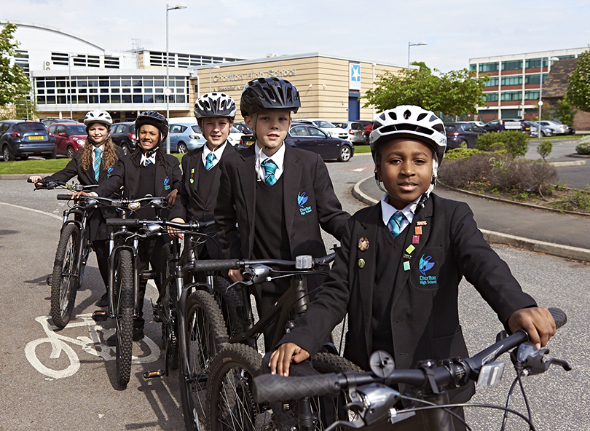
Save carbon through walking, cycling and Bee Network
[rt_reading_time...
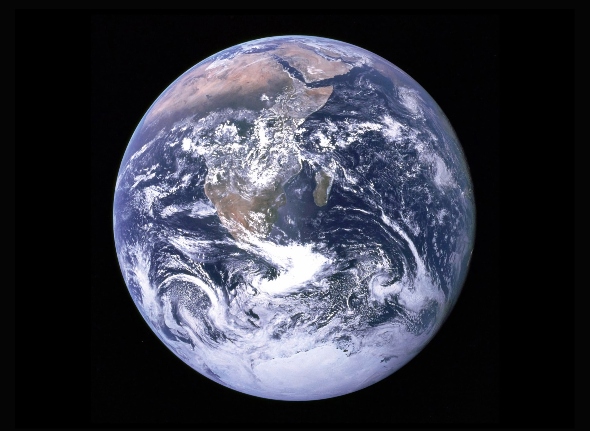
Why should we recycle?
[rt_reading_time...
